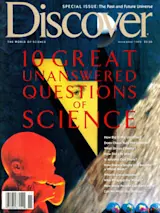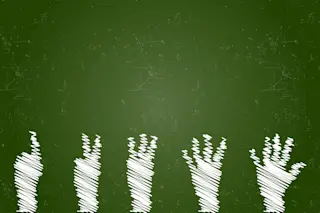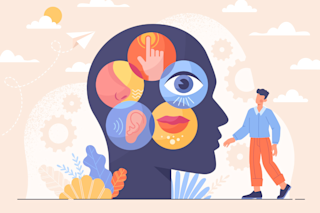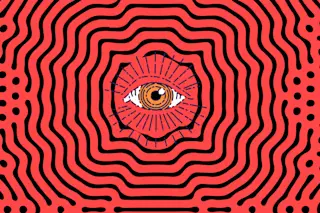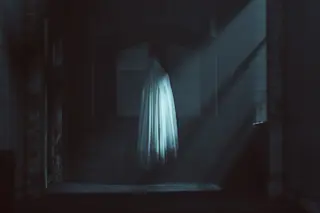The Connected Brain
Christof Koch uses studies of visual awareness to open a window on the way the brain perceives the world around it. Two years ago Koch, a specialist in computer vision, teamed up with Nobel Prize-winning biologist Francis Crick, the codiscoverer of the structure of DNA, to devise a neurobiological theory of consciousness. This is not the consciousness that involves subjective feelings of pain or pleasure; although Koch believes this is an integral part of consciousness, he argues that it does not lend itself to rigorous tests and scientific analysis. Instead, he and Crick focused on a phenomenon observed by other researchers: that neurons in different areas of the brain, when presented with a common stimulus, will fire at roughly the same time. Koch and Crick argue that this firing is a way of temporarily uniting information in different areas of the brain, and it is this synchrony ...


